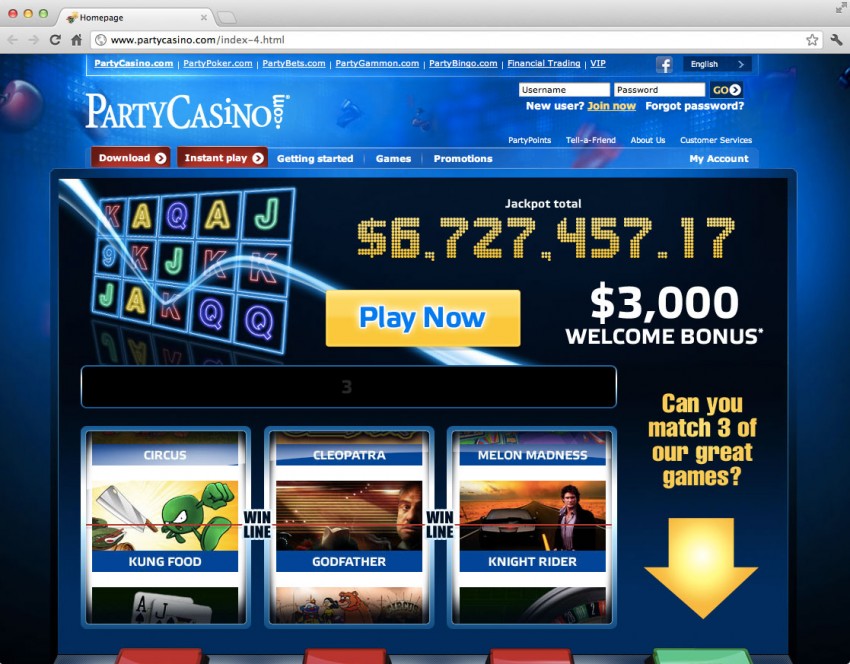
Online gaming has been in the news a bit lately, as a U.S. Department of Justice memo issued last December has seemingly opened the floodgates to state legislators across the country (although strangely not yet in Minnesota). I haven’t written much about gaming on this site, but I have a few stories I’d like to write and you all know the standard “these views are mine and not my employer” drill.
The DOJ opinion was issued December 23, 2011, in response to the state lotteries of Illinois and New York, who wanted to sell lottery tickets online to people in-state, but potentially use out of state payment processors (Minnesota is actually a pioneer in selling lottery tickets online, seemingly proceeding without asking for federal permission).
The summaries of the opinion that I’ve seen basically interpret it as saying that online gaming that does not involve sports betting is not illegal under the Wire Act of 1961, which deals with gambling across state lines. Many view this as a key opinion to allow states to legalize online gaming in their respective jurisdictions. Various bills have been introduced in Nevada, New Jersey, California, Iowa and Hawaii, but nothing has become law so far.
Online gaming has been legal in other parts of the world for more than ten years. Europe has been a vibrant online gaming market for a long time, while the neighboring Canadian provincial lotteries offer a wide range of online gaming options. The “Black Friday” events of exactly one year ago today that shuttered the big three poker sites PokerStars, Full Tilt Poker and Absolute Poker still loom large, but many technically illegal offshore sites are still online and being played by U.S. citizens.
In Iowa, these offshore sites and overall consumer protection are two big drivers of legislation in that state to legalize online poker. The Iowa state senate president that I heard speak during an iGaming conference last month said the bill isn’t designed to add tax revenue to the state, but to protect Iowa residents from fraud and bring business back home that is being spent elsewhere. Only poker is being considered at this time – no video slots, bingo or other casino games.
Many experts think that online poker will be the first thing to be legalized – there is an obvious vacuum in the market after the Black Friday events and many of the initial bills focus on this game. European operators talk about the issue of “liquidity,” which means you need a large enough group of players to have people fill online tables 24 hours a day at different betting levels. Some say this means that states would have to band together (like they do with Powerball) in order to make online poker work financially.
Several slot machine vendors are preparing for online gaming by offering turn-key software that can be installed by bricks and mortar casinos with free play now and switch to real money betting if and when it becomes legal. Most slot vendors have purchased other companies or partnered with technology companies already offering real-money betting in other parts of the world. Social gaming companies like Zynga already provide free casino games on Facebook and have expressed an interest in entering the real money market if it becomes available. Companies like Cantor Gaming and Acres 4.0 are innovating in the mobile and tablet market and when you throw in the big Nevada gaming companies like Harrah’s, Wynn and Sands, the market outlook gets even murkier.
My personal take is that everyone thinks online gaming is inevitable and that it’s just a matter of time before it happens. States are broke and looking for new tax revenue, traditional gaming companies see growth and players want to play (particularly younger gamers). The trouble is that you have four different sectors that need to align and hash out the details: 1) the states, 2) the feds, 3) the tribes and 4) the vendors. I just don’t see that happening for a few years – the technology is there, but the legal and logistical hurdles are just so high.
There is also the little issue of a federal law called the Unlawful Internet Gambling Enforcement Act of 2006. This law basically tries to prevent online gaming via the payment processing side of the industry, making it illegal for banks and credit card companies to process transactions from unlawful online gambling. Apparently Visa and MasterCard are reluctant to even process legal gaming transactions now, so this area needs to improve before widespread online gaming can occur.
So my guess is that online gaming is likely coming, but who will offer it, what games will be available, how the money will be processed and when you can start playing is still very much up in the air. Stay tuned…
